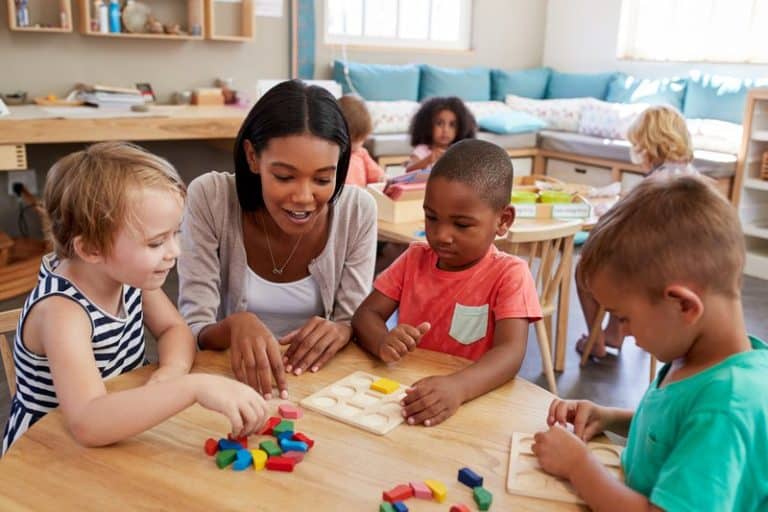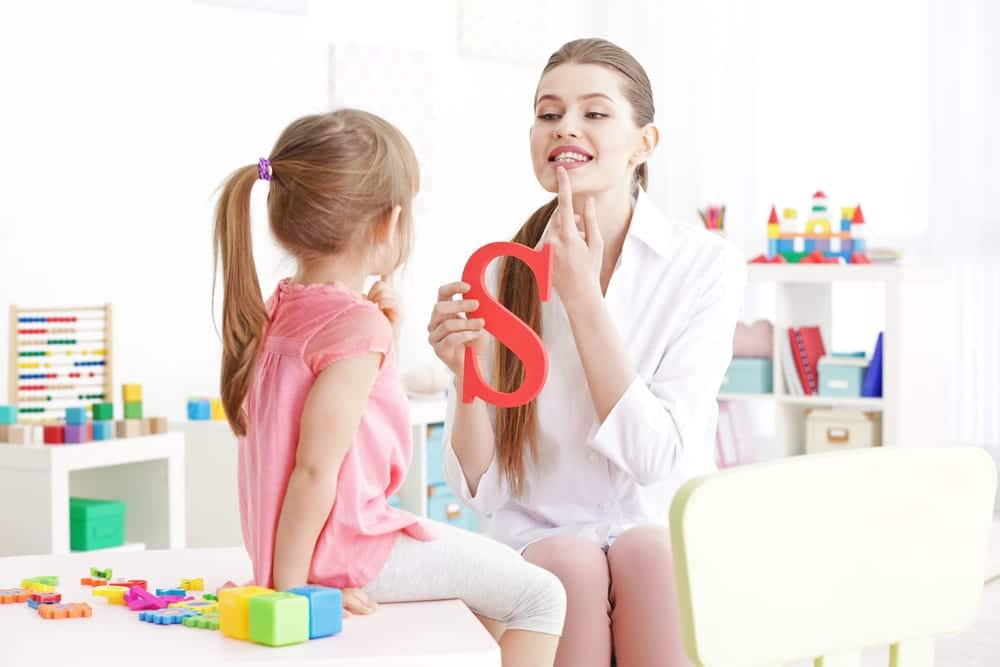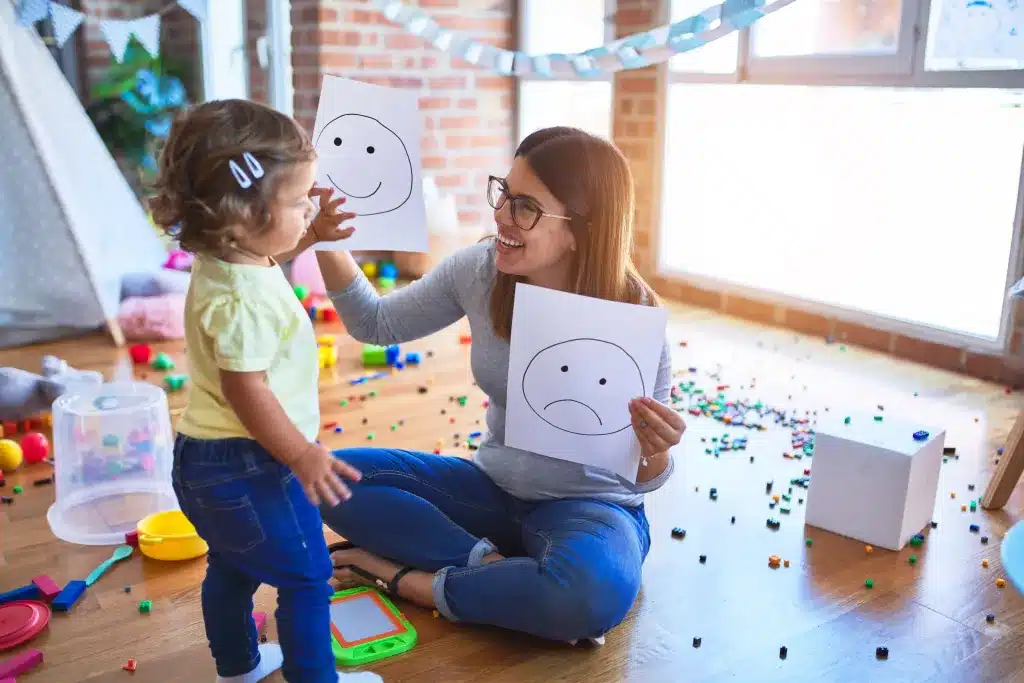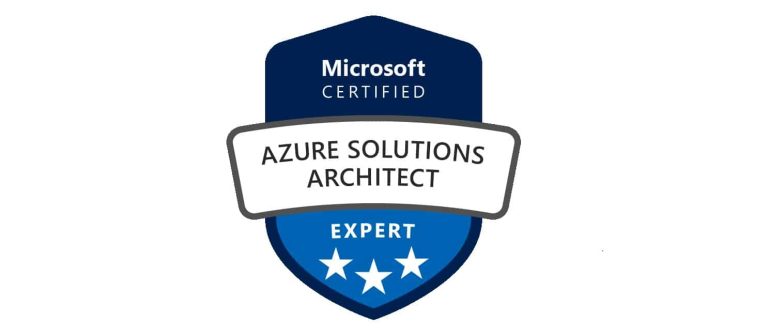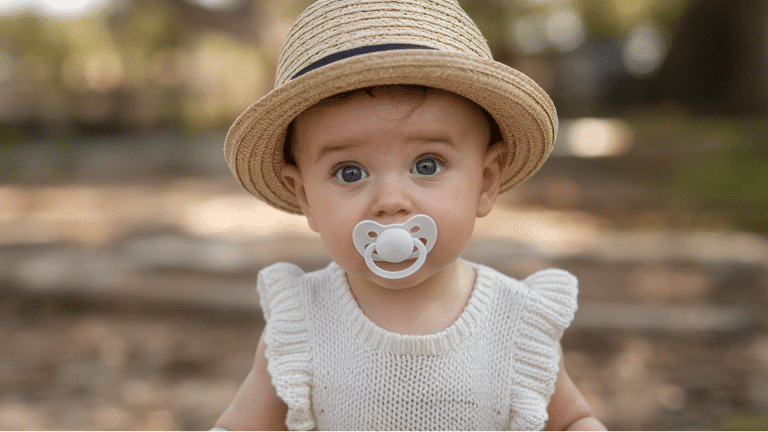Don’t you think talking to each other is the simplest way to help people connect with the world? Undoubtedly, Yes!
However, some kids struggle to express themselves because of speech delays. When this happens, activities involving action words, called verbs for kids, can help them learn to talk better.
Ultimately, it’s the communication which is the fundamental aspect of human interaction. So, instead of wasting time, rather focus on their development.
In this article, we’ll talk about why these exercises are important and how they can be super helpful for kids who find talking a bit tricky.
What is Speed Delay in Children?
Speech delay in children means that a child is taking longer than expected to learn and speak.
As kids grow, they typically go through stages of learning to communicate, starting with making sounds like babbling, saying single words, and eventually forming sentences.
However, when a child experiences speech delay, they might not reach these milestones at the usual times.
There are various reasons for speech delay, and it can happen to different kids for different reasons. Some common factors include developmental factors, hearing issues, limited exposure, genetic influence, and premature birth.
But, at the same time, some amazing verb-based exercises also help children with speech delays.
Let’s explore how it can help and make it happen!
How Can Verb-Based Exercises Help Kids with Speech Delays?
Sometimes, parents and teachers worry when kids take a bit longer to talk. Every child grows in their own way, but some might need extra help while talking.
One good way to help is by doing fun activities that involve action words, like running or jumping.
These activities are not just enjoyable; they also help kids get better at talking to others.
1. Easy Learning with Actions
Doing verb-based activities helps kids understand words better because verbs show actions.
Instead of just words like “jumping” or “eating,” kids connect words to what they’re doing.
This makes learning language more fun and helps them remember words easily.
2. More Words to Talk About
Verbs are like the building blocks of sentences. When kids learn different verbs, they can use more words to express themselves.
These activities introduce kids to many words, like brushing teeth, washing hands, or playing catch.
This helps them use language in their daily lives.
3. Making Sentences Better
Playing with verbs helps kids make better sentences.
They learn to talk in a more organized way by connecting things they discuss with action words.
For example, instead of saying “car,” they might say “the car is moving.”
This makes their sentences more interesting and helps them communicate better.
4. Having Fun with Friends
Verb activities are often games where kids play together.
Doing things like sharing, helping, or taking turns helps them learn words and how to be good friends.
These activities teach kids to talk to each other, making it easier for them to communicate.
5. Learning with Senses
Kids learn best when they use all their senses. Verb activities let them see, hear, and touch things.
This makes learning more interesting and helps them better understand words and what they mean.
6. Using Imagination
Verbs are great for playing and pretending. However, kids can use their imagination with activities like pretend play.
They can pretend to be superheroes, flying or cooking in a pretend kitchen. This makes learning words more creative and enjoyable.
7. Doing Things Again and Again
Doing activities with verbs over and over helps kids remember words.
Kids often see and hear these words by using verbs in different activities.
This makes them remember words better and feel more confident using them.
8. Parents Joining the Fun
Parents can be part of verb activities at home.
Parents doing these activities with kids creates a happy learning space. This makes the bond between parents and kids stronger.
It also shows kids that using words is important in everyday activities.
Summing It Up
Overall, verb-based exercises are valuable for supporting children with speech delays.
These exercises provide a context for learning, expand vocabulary, improve sentence structure, enhance social interaction, engage multiple senses, encourage creativity, and strengthen language through repetition.
By integrating these exercises into a child’s daily routine, parents and educators can contribute significantly to developing strong and effective communication skills in children.
However, it makes the learning process both enjoyable and beneficial.
Frequently Asked Questions
How Do You Practice Verbs in Speech Therapy?
In speech therapy, you can practice verbs by doing fun activities. Play games, act out actions, and talk about daily routines.
This helps kids learn and use action words in sentences. Practice is key, making learning enjoyable and improving communication skills.
Why Are Verbs Important in Communication?
Verbs are crucial in communication because they show action. They help express what we do, making sentences clear and interesting.
Using verbs helps us share ideas, tell stories, and communicate effectively. They add life to our words, making our messages more engaging and understandable.
How Do You Teach Children Verbs?
Teaching children verbs is fun! We play games, act out actions, and talk about daily activities. Kids playfully learn verbs by connecting words to actions like running or eating.
This helps them express themselves better and improve their communication skills.
What Helps Children with Speech Delays?
For kids with speech delay, fun activities with action words like jumping or playing help greatly. These activities make learning interesting and improve communication skills.
However, encouraging them to talk, playing games, and involving parents in the learning process to create a supportive environment for their speech development.
What Therapy is Best for Speech Delay?
For speech delay, speech therapy is best. In therapy, kids play games, practice talking, and learn with fun activities.
Speech therapists help kids express themselves better and improve communication skills.
With regular sessions, kids build confidence and progress in their speech development.

